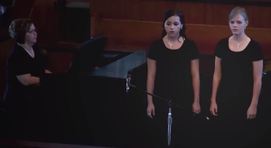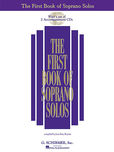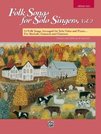- Calendar
- Events
-
Media
- Rehearsal Recordings
- Photos
-
Concert Recordings
>
- 2022 - 2023 Concert Recordings >
- 2021 - 2022 Concert Recordings
- 2020 - 2021 Concert Recordings
- 2019 - 2020 Concert Recordings >
- 2018 - 2019 Concert Recordings >
- 2017 - 2018 Concert Recordings >
- 2016 - 2017 Concert Recordings >
- 2015 - 2016 Concert Recordings >
-
2014 - 2015 Concert Recordings
>
- State Choir, May 16, 2015
- Spring Concert, May 13, 2015
- Combined with DSU at Eccles, April 29, 2015
- State Solo and Ensemble, April 25, 2015
- Festivals Concert, April 22, 2015
- Region Large Choir, April 8, 2015
- Region Solo and Ensemble -- March 18, 2015
- Combined with MMHS at Eccels March 25, 2015
- Take Note! January 28, 2015
- Christmas Concert Dec. 3 2014
- Fall Concert 2014 (High School)
- Fall Concert 2014 (Middle School)
-
2013 - 2014 Concert Recordings
>
- Graduation May 22, 2014
- CA Trip National Anthem April 12, 2014
- State Large Choir May 9, 2014
- State Solo & Ensemble April 26 2014
- DSU Ladies Choir Festival April 1, 2014
- Region Large Choir 2014
- Green Valley Chamber Invitational March 21, 2014
- Take Note Concert, January 31, 2014
- Washington All-County Honor Choir 2014
- 2013 Christmas Concert
- The King and I PVHS Live Cast Recording 2013
- 2013 Fall Concert
- 2012 - 2013 Concert Recordings >
- 2011 - 2012 Concert Recordings >
- Past CD Recordings >
- Utah All-State and Honor Choir Recordings >
-
The Choirs
- Class Sites
- Awards and Progress
- About Us / Contact Us
-
Resources
- What's New?
- SUPAF Choir (February 11, 2020)



